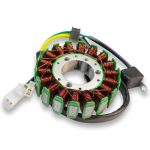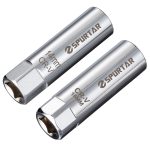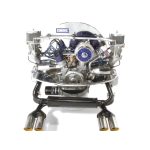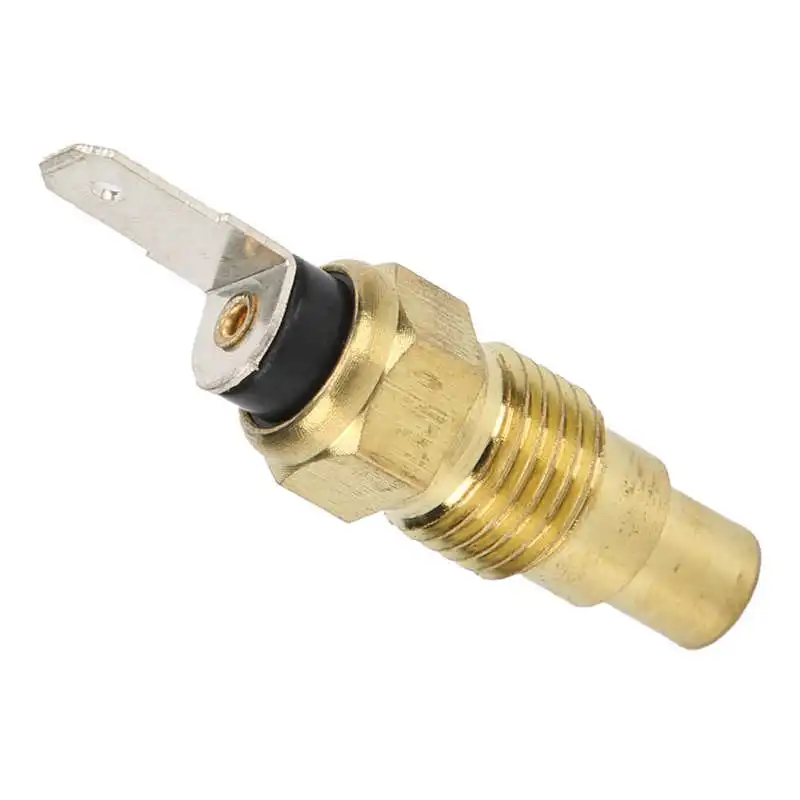In today’s automotive industry, the importance of accurate temperature measurement cannot be overstated. Car temperature sensors are crucial components that monitor and regulate the temperature of various systems within a vehicle. These sensors ensure optimal performance, safety, and efficiency. Investing in a high-quality car temperature sensor can yield numerous benefits for both the vehicle and driver. In this article, we will explore the advantages of using a high-quality car temperature sensor and why it is essential for modern vehicles.
Understanding Car Temperature Sensors
Before discussing the benefits, it is essential to understand what car temperature sensors are and how they work. These sensors measure the temperature of various components, such as the engine, coolant, and air intake. They provide critical data to the vehicle’s engine control unit (ECU), which makes adjustments to performance as needed.
Types of Temperature Sensors
There are several types of temperature sensors used in vehicles, including thermocouples, Resistance Temperature Detectors (RTDs), and thermistors. Each type has its strengths and weaknesses, but high-quality variants of each can lead to accurate and reliable measurements. These sensors play a vital role in ensuring the proper functioning of the engine and other systems.
How Temperature Sensors Work
Most car temperature sensors work on the principle of resistance change or voltage change in response to temperature variations. When the sensor detects a temperature change, it sends a signal to the ECU, which then processes the information and makes any necessary adjustments. For example, if the engine temperature is too high, the ECU may increase the coolant flow or adjust the fuel mixture to prevent overheating.
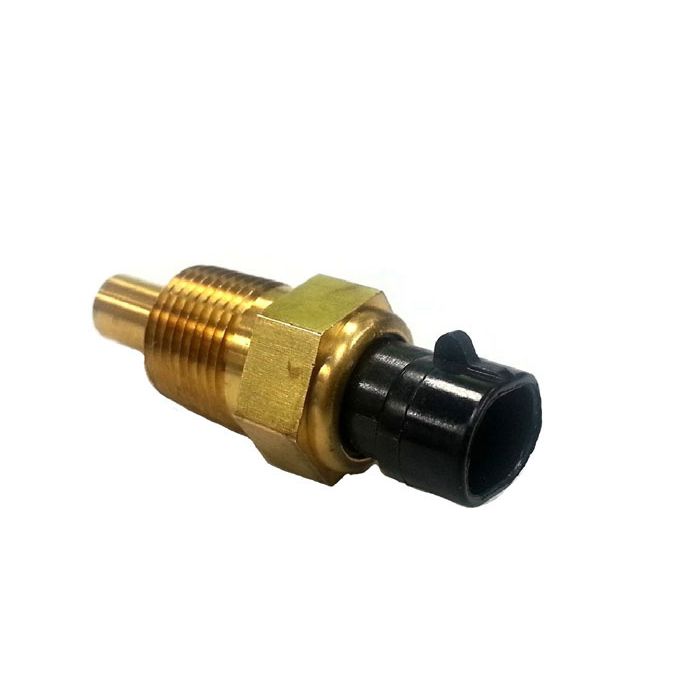
Improved Engine Performance
One of the primary benefits of a high-quality car temperature sensor is its impact on engine performance. Accurate temperature readings directly influence how well the engine operates.
Optimal Fuel Efficiency
A well-functioning temperature sensor helps the engine maintain optimal fuel efficiency. When the engine temperature is accurately monitored, the ECU can adjust the air-fuel mixture accordingly. This enhances combustion efficiency, leading to better fuel economy. High-quality sensors ensure that temperature readings are accurate, minimizing the chances of inefficiencies due to incorrect measurements.
Enhanced Power Output
In addition to improving fuel efficiency, accurate temperature readings can also enhance the power output of the engine. A high-quality temperature sensor allows the ECU to adjust various parameters such as ignition timing and fuel delivery. This optimization leads to peak engine performance, providing the driver with the power needed for demanding driving conditions.
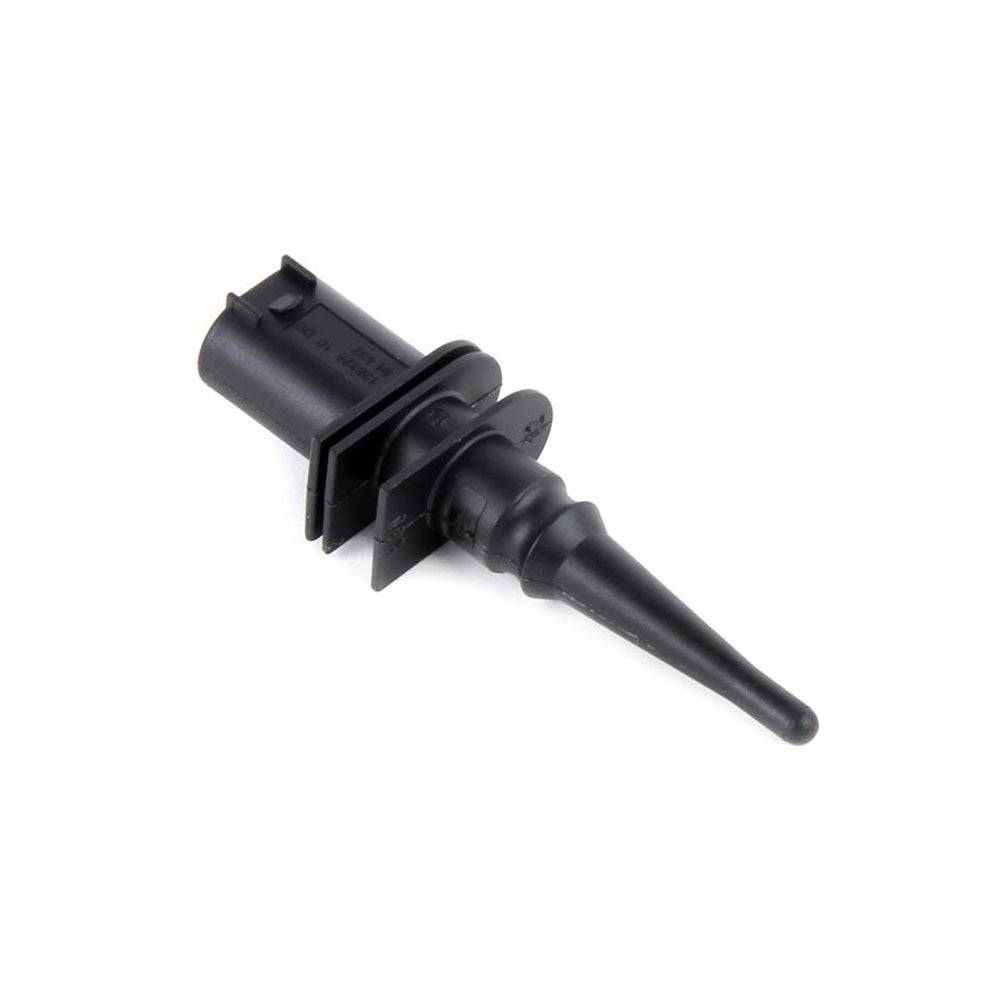
Prevention of Engine Damage
Investing in a high-quality car temperature sensor can significantly reduce the risk of engine damage. Overheating is a common issue that can lead to severe problems if not addressed promptly.
Early Detection of Overheating
A reliable temperature sensor can detect overheating at an early stage. When the sensor accurately measures the engine temperature, it can alert the ECU to initiate cooling measures. This early detection is crucial in preventing costly repairs and engine failures. High-quality sensors offer faster response times and greater accuracy, allowing drivers to respond to potential overheating issues more effectively.
Protection of Internal Components
In addition to preventing overheating, quality temperature sensors protect internal engine components. High temperatures can lead to oil breakdown, causing a loss of lubrication and increased friction. A high-quality sensor helps maintain appropriate temperature levels, ensuring that the engine oil functions effectively. This protection extends the lifespan of engine components and reduces the likelihood of catastrophic failures.
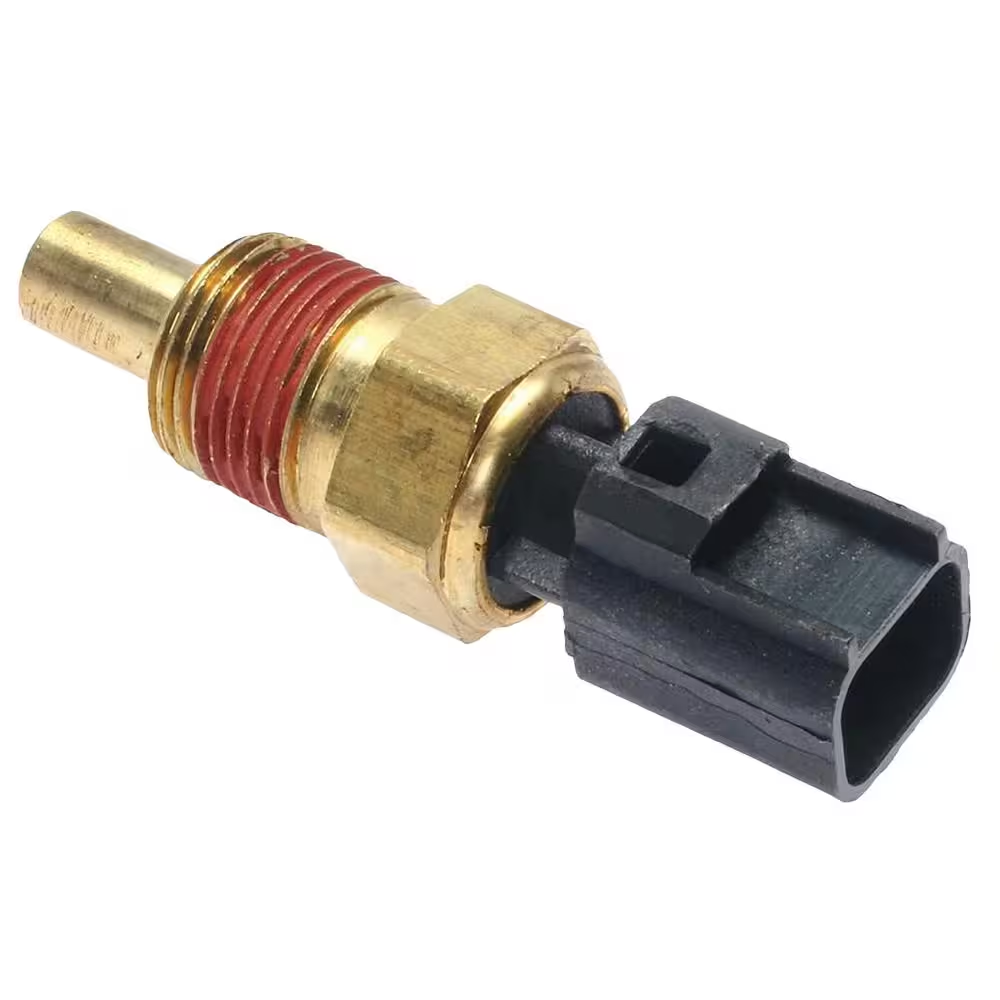
Better Driving Experience
A high-quality car temperature sensor doesn’t just benefit the engine; it also enhances the overall driving experience for the driver and passengers.
Improved Climate Control
Temperature sensors play a vital role in maintaining a comfortable cabin environment. In modern vehicles, temperature sensors work in conjunction with climate control systems to regulate cabin temperature. A quality sensor ensures that the climate control system responds accurately to changes in temperature, providing comfort for occupants.
Increased Driver Confidence
Knowing that a high-quality temperature sensor is in place gives drivers added confidence. They can trust that their vehicle is equipped to handle various driving conditions and will react appropriately to temperature changes. This trust leads to a more enjoyable and stress-free driving experience, as drivers can focus on the road ahead rather than worrying about potential engine issues.
Reliability and Durability
High-quality car temperature sensors are built to withstand the rigors of automotive use. Reliability is crucial for any vehicle component, and temperature sensors are no exception.
Resistance to Environmental Factors
A high-quality temperature sensor is designed to resist harsh environmental conditions. From extreme heat and cold to moisture and vibration, these sensors can endure the automotive environment. This durability extends the lifespan of the sensor, reducing the need for frequent replacements and repairs.
Consistent Performance
In addition to their durability, high-quality temperature sensors provide consistent performance over time. Unlike cheaper alternatives, which may give erratic readings or fail prematurely, quality sensors deliver reliable data. This consistency is essential in ensuring accurate measurements and optimal vehicle performance.
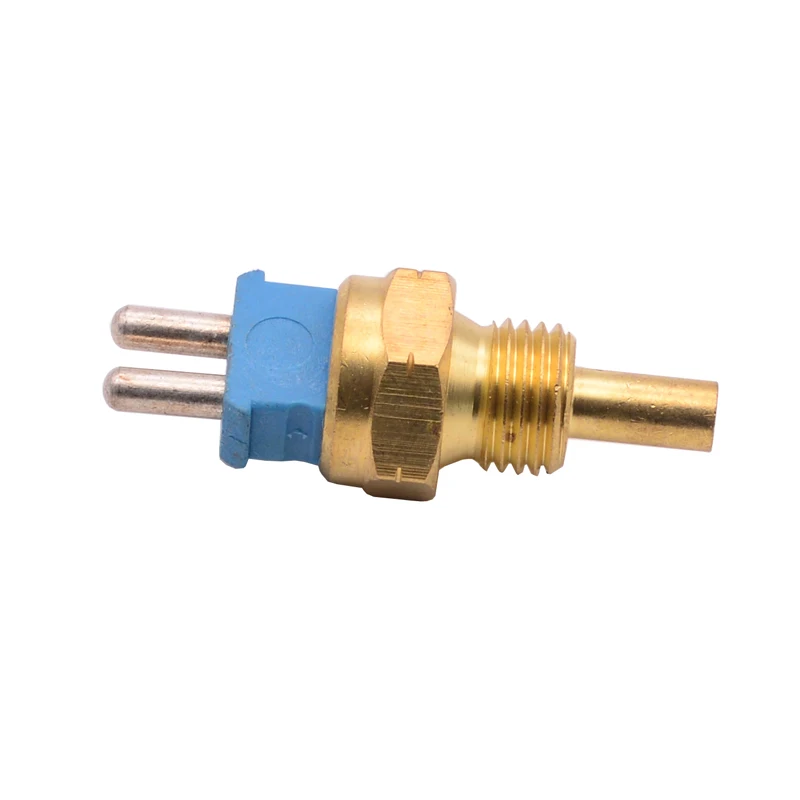
Cost-Effectiveness
While it may be tempting to choose cheaper temperature sensors for short-term savings, investing in high-quality options can be more cost-effective in the long run.
Reduction of Repair Costs
By providing accurate temperature readings and preventing overheating, high-quality temperature sensors help reduce the risk of engine damage that can lead to expensive repairs. Investing in a quality sensor can save you from the costs associated with fixing an overheated engine or other problems caused by sensor failure.
Increased Vehicle Longevity
A well-maintained vehicle with the right components will last longer. High-quality temperature sensors play a crucial role in ensuring that the engine operates efficiently and without excess wear and tear. This longevity results in fewer breakdowns and a more reliable vehicle over time, translating to significant cost savings for the owner.
Enhancing Diagnostic Capabilities
In addition to their primary function of monitoring temperature, high-quality car temperature sensors can significantly enhance a vehicle’s diagnostic capabilities. Many modern vehicles are equipped with advanced onboard diagnostics (OBD) systems that rely on accurate sensor readings to provide comprehensive insights into the car’s health.
Facilitating Troubleshooting
When the temperature sensor provides precise data, it allows mechanics and technicians to diagnose issues more effectively. For example, if the engine temperature consistently reads higher than expected, the technician can investigate potential causes, such as coolant leaks or faulty thermostats. High-quality sensors help eliminate guesswork, speeding up the troubleshooting process and ensuring that the right repairs are made without unnecessary part replacements.
Continuous Monitoring and Alerts
Many high-quality temperature sensors are integrated into smart vehicle systems, offering continuous monitoring of important parameters. These systems can send alerts to the driver or to a fleet management program if temperatures exceed safe limits. This proactive approach aids in preventing potential issues before they escalate, allowing for timely interventions and reducing the risk of performance-related problems.
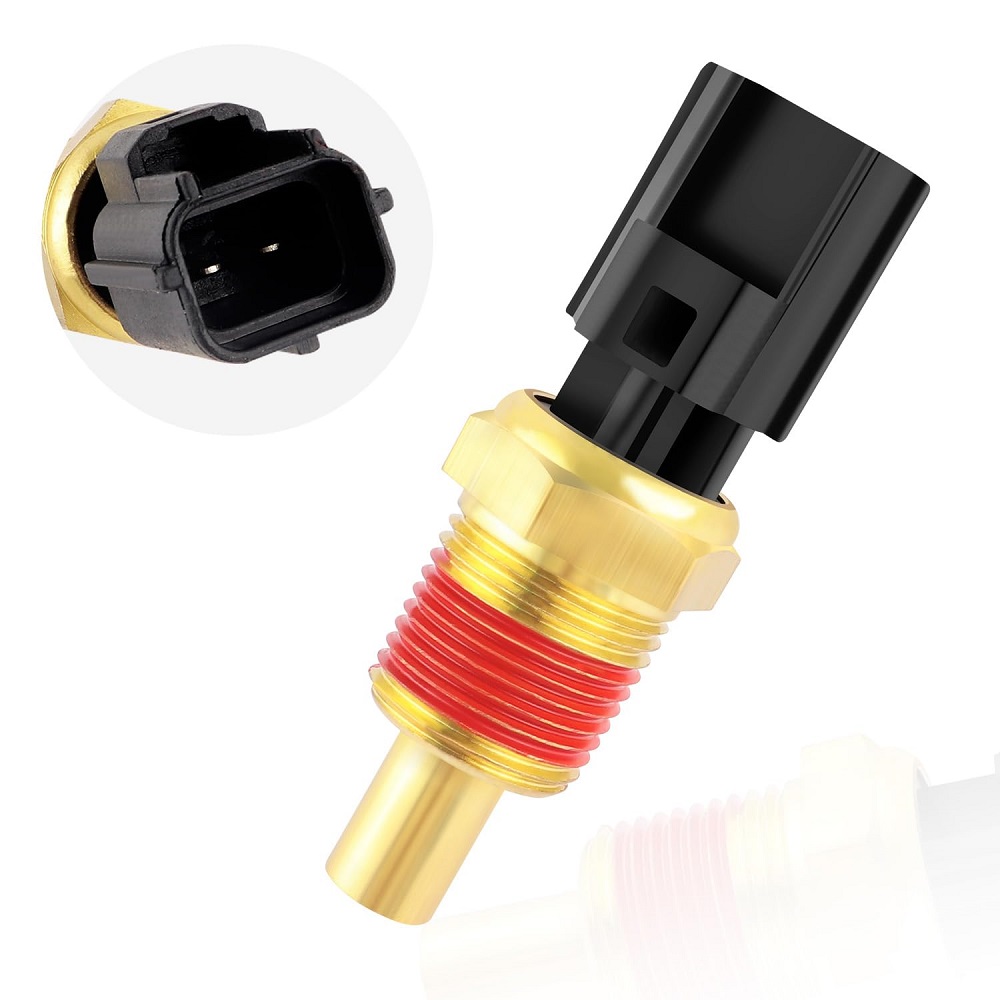
Environmental Impact
High-quality temperature sensors also have implications beyond vehicle performance; they can contribute to environmental sustainability. In today’s world, there’s an increasing focus on minimizing the ecological footprint of vehicles.
Improved Emissions Control
Accurate temperature readings are vital for ensuring optimal combustion processes in internal combustion engines. When the engine operates at the correct temperature, fuel burns more efficiently, reducing harmful emissions. High-quality sensors support strict emissions standards, making vehicles more environmentally friendly. By maintaining accurate fuel management, these sensors help in achieving cleaner operation and lower overall pollution levels.
Supporting Hybrid and Electric Vehicles
As the automotive industry shifts towards hybrid and electric vehicles, the role of temperature sensors becomes even more critical. In these vehicles, managing thermal performance is essential for battery life and efficiency. High-quality temperature sensors monitor battery temperatures, ensuring they remain within a safe range. This monitoring extends battery life and enhances performance, contributing to the overall efficiency of hybrid and electric vehicles.
Future Innovations in Temperature Sensing
As technology continues to advance, car temperature sensors are expected to undergo significant innovations that will further enhance their performance and usability.
Integration with Artificial Intelligence
Future developments may see the integration of artificial intelligence (AI) within temperature sensing technology. By analyzing historical data, AI could predict temperature fluctuations and adjust vehicle systems proactively. This intelligence could improve not only engine performance but also increase the lifespan of various vehicle components. Such advancements would enhance safety and reliability, ushering in a new era of smart vehicles that adapt to driving conditions in real time.
Miniaturization and Smart Materials
Another promising trend is the miniaturization of sensors and the use of smart materials. As sensors become smaller and more efficient, they can be embedded in more places throughout a vehicle, providing a comprehensive view of its thermal conditions. Smart materials that respond to temperature changes can lead to entirely new forms of sensor design. These innovations will likely make temperature sensors more accurate, responsive, and versatile, paving the way for better vehicle management systems.
Conclusion
In conclusion, investing in a high-quality car temperature sensor offers numerous benefits, from improved engine performance and prevention of damage to enhanced driver experience and long-term cost-effectiveness. Temperature sensors play a critical role in maintaining optimal vehicle function and ensuring safety on the road.
Final Thoughts
When selecting a temperature sensor for your vehicle, prioritize quality over cost. While cheaper alternatives may seem appealing initially, the long-term advantages of high-quality sensors far outweigh short-term savings. By choosing a reliable temperature sensor, you invest in your vehicle’s performance, longevity, and your overall driving experience. A high-quality car temperature sensor is not just a component; it is a vital part of ensuring that your vehicle operates smoothly and efficiently for years to come.
